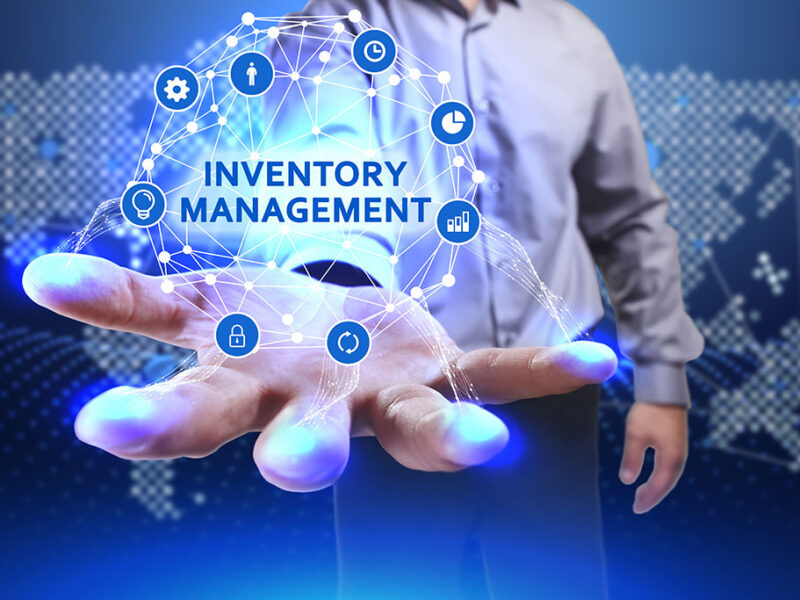Introduction
In today’s cloud-first era, enterprises are accelerating their digital journeys to stay competitive and agile. As Microsoft Azure becomes the cloud platform of choice for a growing number of organizations, the need for structured governance and robust compliance becomes mission-critical. Managing hundreds of cloud resources across subscriptions, locations, and departments is a complex challenge. That’s where Azure Policy automation, infused with AI, and guided by expert Azure consultancy, emerges as a game-changing solution.
This article explores how AI-powered governance tools in Azure enhance compliance, the role of consultants in implementing Azure Policy effectively, and why partnering with an experienced Azure consultancy is essential for long-term cloud success.
Understanding Azure Policy and Governance
Azure Policy is a service in Microsoft Azure that enables organizations to enforce specific rules and effects on Azure resources. It allows you to control costs, enforce security standards, ensure regulatory compliance, and maintain organizational consistency—all through policy definitions and assignments.
Key Features of Azure Policy:
- Policy Definitions: Rules that describe the behavior you want to enforce.
- Initiatives: A group of related policies tracked as a single item.
- Remediation Tasks: Automated corrections for non-compliant resources.
- Compliance Dashboard: A unified view of adherence levels across resources.
However, managing policy at scale across hybrid or multi-cloud environments, and dynamically updating it in response to regulatory shifts or security threats, is no small feat. This is where AI, combined with Azure consultancy, adds immense value.
The Evolution of Governance: Enter AI-Powered Policy Management
Traditional governance models rely on manual policy creation, periodic audits, and rule-based compliance tracking. While effective at small scales, they fall short in fast-growing, dynamic cloud environments.
AI changes this paradigm by enabling:
1. Dynamic Policy Recommendations
AI algorithms can analyze your current Azure resource configurations and usage patterns to suggest optimal policy structures. For example, AI might detect overprovisioned virtual machines or missing encryption on data at rest and recommend policies to mitigate these risks.
2. Anomaly Detection and Predictive Compliance
AI can identify non-compliant behaviors before they become critical—such as unusual login patterns or data exfiltration threats—allowing organizations to proactively adjust policies.
3. Natural Language Policy Querying
AI interfaces allow stakeholders to use natural language to search or create policies. For instance, a security officer might ask, “Do we have any publicly accessible storage accounts?” and receive a clear, AI-generated answer and suggested policy actions.
4. Automated Remediation Using Machine Learning
Machine learning models can not only detect non-compliance but also suggest or trigger remediation actions with minimal human intervention—greatly reducing risk and operational overhead.
The Strategic Role of Azure Consultancy in Policy Automation
While Microsoft Azure offers powerful tools, the real challenge lies in strategic implementation. Here’s how an Azure consultancy adds crucial value to AI-powered governance and compliance:
1. Policy Design Aligned with Business Objectives
Each organization has unique security, operational, and compliance needs. Azure consultants work closely with IT and business teams to translate these needs into tailored Azure policies that are scalable, secure, and aligned with your industry standards (HIPAA, GDPR, ISO 27001, etc.).
Consultants also determine whether to use built-in policies, customize existing ones, or write new policies from scratch using JSON or Bicep.
2. AI-Driven Policy Automation Frameworks
An Azure consultancy helps deploy AI tools such as Azure Security Center, Microsoft Defender for Cloud, and Log Analytics with intelligent policy insights. These platforms can integrate with AI engines that learn from usage patterns, threats, and operational data to recommend governance adjustments.
For example, if AI detects frequent policy violations around storage permissions, consultants can automate access control and integrate alerts with SIEM tools like Microsoft Sentinel.
3. Compliance Mapping and Industry-Specific Policy Kits
Azure consultants often have access to industry-specific policy templates and regulatory mappings. For instance, a healthcare company in the Middle East might need to adhere to both HIPAA and local data sovereignty laws. An experienced Azure consultancy can implement a governance layer that satisfies both, while automating compliance reporting.
4. Continuous Monitoring and Policy Auditing
Governance isn’t a one-time task. Azure consultants help establish a continuous compliance framework using AI and automation, where:
- Policies evolve based on changing regulations.
- Remediation tasks are scheduled automatically.
- Dashboards provide real-time views of compliance posture.
This ensures that governance becomes part of the organization’s culture, not just a project milestone.
5. Integration with DevSecOps Pipelines
An essential part of modern governance is embedding compliance checks into CI/CD pipelines. Azure consultancies integrate Azure Policy with Azure DevOps or GitHub workflows, ensuring that every deployment passes through policy validation gates. AI can flag risky deployments early, minimizing cloud misconfigurations.
Real-World Use Case: Azure Consultancy Driving AI-Powered Compliance
Let’s consider a mid-sized financial institution in Qatar undergoing cloud migration to Azure. The company must comply with both global standards (like PCI-DSS) and national regulations (from Qatar Central Bank).
With the help of an Azure consultancy, they:
- Assessed their current infrastructure and compliance risks.
- Deployed AI-enabled tools to analyze historic policy violations and suggest optimizations.
- Implemented a customized Azure Policy initiative with over 80 specific rules covering encryption, location restrictions, data classification, and audit logging.
- Integrated policies into their DevOps pipelines and trained internal teams to interpret AI-generated recommendations.
Result?
The organization achieved 97% policy compliance within three months and cut down manual compliance auditing time by over 60%.
Benefits of AI-Powered Azure Governance via Consultancy
Here are the tangible benefits companies realize by working with an Azure consultancy for policy automation:
- Faster compliance with industry regulations
- Reduced operational overhead
- Lower risk of data breaches and policy violations
- Real-time remediation and alerts
- Scalable governance for hybrid/multi-cloud models
- Enhanced executive visibility with AI dashboards
Future Trends: What’s Next in Policy Automation?
- Conversational Governance: AI-powered assistants like Copilot for Azure may soon allow users to create, review, and update policies via natural language.
- Cross-Cloud Compliance: Azure consultants will increasingly help organizations implement governance that spans Azure, AWS, and GCP.
- AI Auditors: Future policy automation tools may autonomously review compliance records and prepare audit documents.
By staying ahead of these trends, Azure consultants help organizations future-proof their cloud governance framework.
Conclusion
Governance and compliance in the cloud are no longer optional—they are essential. As Azure deployments become more complex, traditional manual approaches fall short. AI-powered governance and compliance through Azure Policy automation offers a smarter, more scalable solution—but realizing its full potential requires expert guidance.
That’s where an Azure consultancy becomes indispensable. From defining intelligent policies to integrating them into DevOps pipelines and using AI to predict risks, consultants ensure your cloud operations remain compliant, secure, and efficient.



